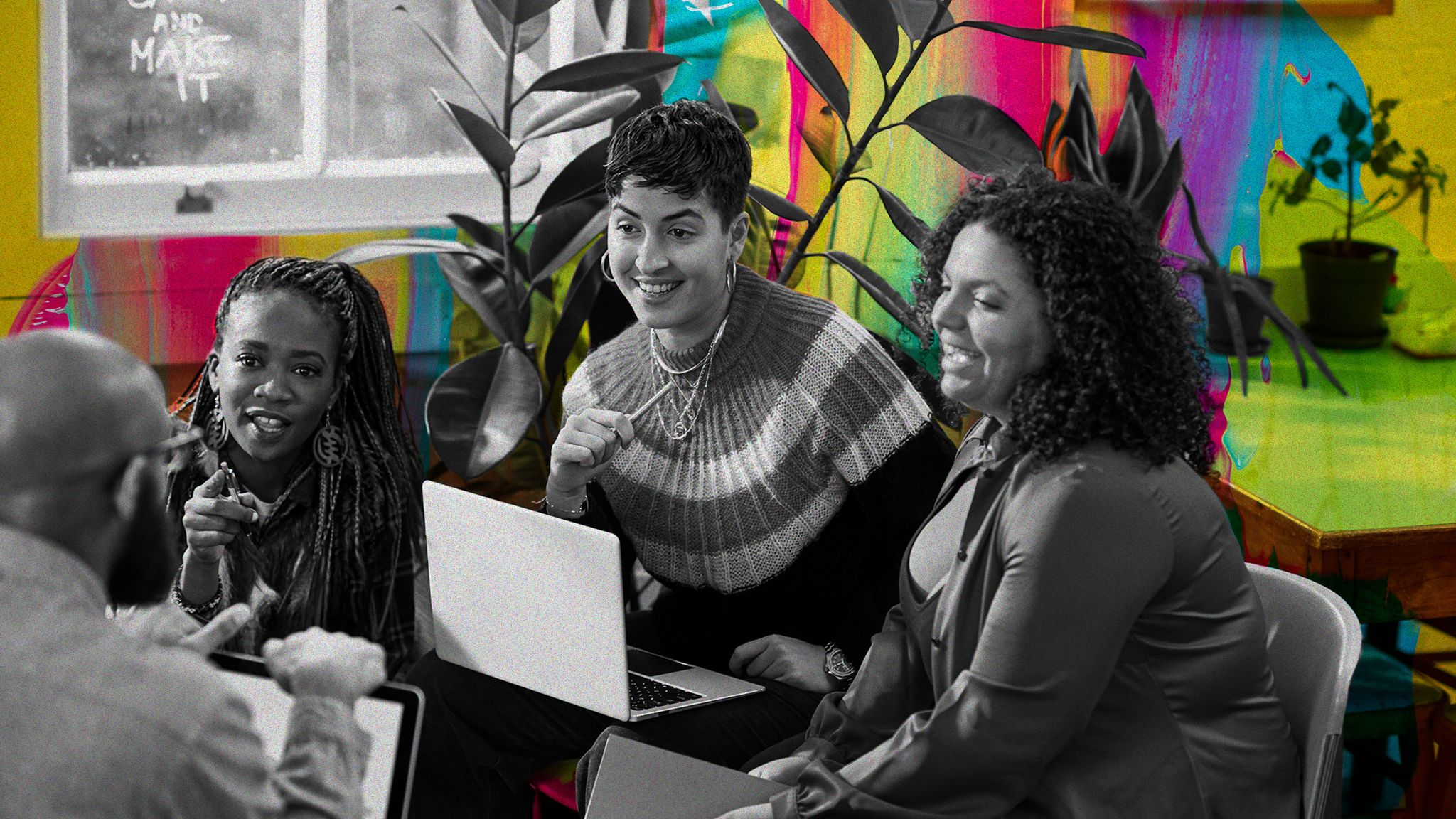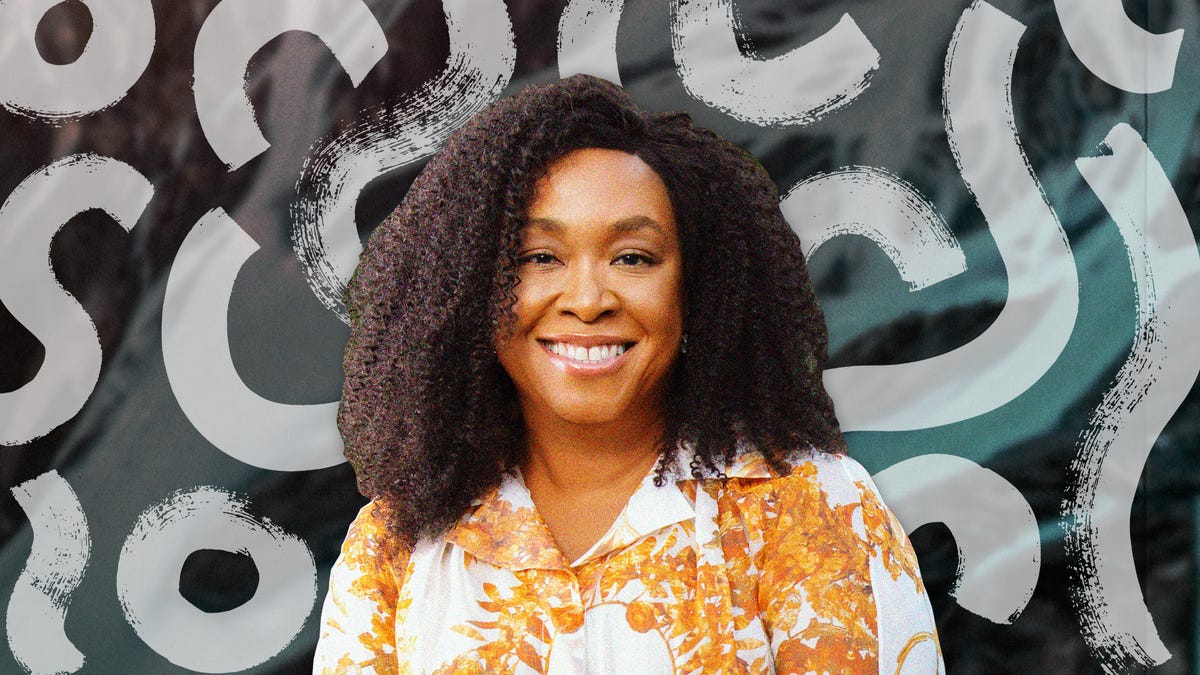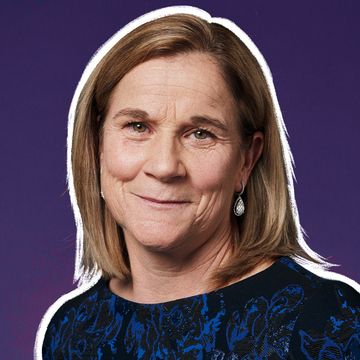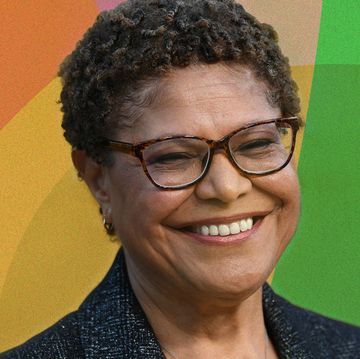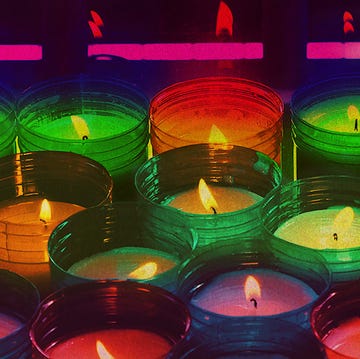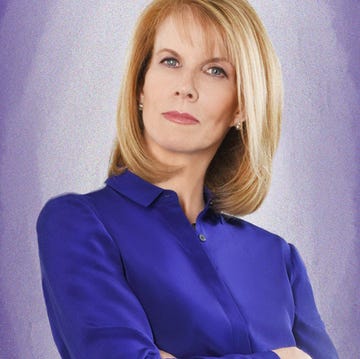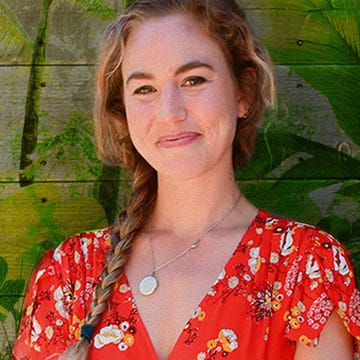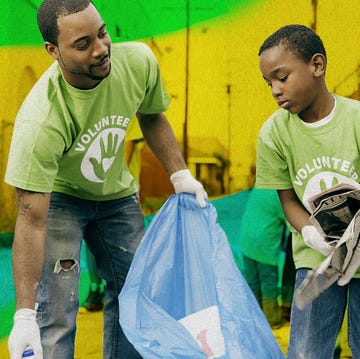There’s no question about it — the pandemic has taken a tremendous toll on young people around the world. According to a recent study by the CDC, the pandemic has impacted teens and young adults the most, affecting everything from their mental health and well-being to their learning and development. A Pew Research study, released in June this year, also showed that the pandemic and resulting remote learning environments had a more significant effect on children, especially children of color. While things are largely back to some semblance of normal across the country, the specter of the virus still looms large in many lives, and its long-term effects on education outcomes and the future job prospects of children remain to be seen. Add in the record-breaking amount of gun violence in schools that has become increasingly common across the U.S., as well as the increasingly politicized nature of education with bans on everything from books to particular curricula, and kids face an increasingly fraught road toward a fully formed and functional adulthood, but mentors can make a difference.
“21st century teens are facing unprecedented challenges that we would never even think of — every single day,” Rasheda Williams, the founder of the Detroit-based mentorship program Empowered Flower Girl, says. “There’s a fear of going to school, not knowing if there’s going to be a mass shooting. They don’t know if they’re going to make it home. They’ve been very isolated during this pandemic, and many of them just don’t have the tools right within their homes to even deal with it. Some parents are so stressed out and are facing some of the same issues as their children, so they’re going through it together. I believe that mentors can help.”
Here are three mentors helping young people navigate the complexities of our world today.
Helping Young Girls in Middle School See a Future in STEM
Women have been inordinately impacted by the Covid pandemic. Between 5.4 million and 11 million women lost their jobs early on in the pandemic, and according to job numbers from March, they haven’t recovered as well as their male counterparts. According to a study from the National Academies, the pandemic had an outsized impact on women in STEM professions. Most notably, layoffs in the space during the pandemic had a greater effect on non-tenured and contingent positions that are typically filled by women and people of color. While that study looked at those who are and were working in the space during the pandemic, the longer-term impacts of what this could mean for young women and girls interested in STEM remain to be seen.
Many people, like Dr. Kimberly Clay, the founder of the national mentorship program Play Like a Girl, note that the lack of female role models in STEM has a significant and lasting impact on young girls who may be interested in pursuing future careers in the space.
“What we know is that a girl starts to develop self-limiting beliefs as early as age 5 or 6,” she says, citing a study conducted by Mattel (the makers of Barbie) and UCLA that calls the phenomenon the “Dream Gap,” which is a result of the way that girls are socialized and treated and assigned chores or tasks around the house. These parental and societal behaviors cause girls to lack confidence around things like math and science.
“Those are the things that are programming girls to think themselves not as capable as boys, even when we know that the science says that girls are outperforming guys in science and math in some grade levels,” Dr. Clay explains. “Girls are also equally performing in math, in particular, as they rise into high school. So for us, what we know — based on the science-based outcomes and anecdotal experience — is that it’s more the confidence, the lack of exposure to and access to women role models and mentors, not being able to see people who look like them represented in the fields of STEM, and then not feeling like they have the skill set, the know-how, the ability to do it because they don’t see the example around them.”
To counterbalance this, Play Like a Girl focuses on encouraging girls to get involved in sports because, as Dr. Clay notes, there is a close correlation between sports and success in, and passion for, STEM. “There was a research study by Ernst & Young and ESPNW, which showed that women in the C-suite globally, 94 percent of them played sports, and 56 percent played through college,” Dr. Clay says. “I’d never really thought about the connection between STEM and sport. We were doing sport from an active play perspective or a health benefit, but had not thought about it from a life and career trajectory perspective, and it was at that time that, as an organization, we made the decision to commit sport to an academic outcome.”
Play Like a Girl offers group mentoring in hybrid and in-person settings across the country to help expose girls from ages 11 to 14 to the opportunities that lie ahead in STEM.
“I was and am a STEMinist,” Dr. Clay says, “I graduated from Xavier University of Louisiana, which graduates the highest number of Black people into medical school, engineering, and pharmacy of any institution in the world. And we produce these great minds, but I was not seeing them represented in my field. So, the work for me means closing the gap for these populations, closing it for women [and girls], and closing it for women of color.”
Teaching Young People in High School How to Deal With Bullies
Rasheda Williams, the founder of Empowered Flower Girl, a social enterprise based in Detroit that provides community-based solutions and programming for girls, says that one of the biggest issues that young people face today is bullying.
“I believe that mentors can help, especially those of us who have had similar experiences. It may not be the exact same [as when we were children], but bullying is still prevalent in schools. It’s more so on the digital side with cyberbullying and digital harassment and everything that’s happening, but mentors offer experiences. They offer insight into how young people can be resilient and overcome those challenges,” Williams says.
Williams, now in her 40s, says she was bullied when she was young for being a smart and driven young Black woman. After her English teacher assigned her class to write in a journal, Williams unveiled the bullying that she’d been subjected to, and the teacher helped mentor her through it. She credits this as a formative experience that led her to start mentoring teens. She mentors high school students, both through the local schools and one-on-one, to help them navigate everything from cyberbullying to academic struggles. She says that one of the biggest struggles that today’s youth have is gaining understanding from adults.
“There are adults out there who are saying, ‘Oh, this new generation — they’re soft, the weak,’ but many of them are just tired of business as usual. They’re tired of us accepting racism and homophobia,” Williams says. “21st century youth are all about social justice, and for them, taking action on climate change, equal access to education, and equity and education. These are things that they’re passionate about. I think it’s important for them to have mentors and supportive adults in their lives who are going to help them to hone their skills but also help them and support them as they have these ideas to make a difference and create change in their communities.”
Williams also points to the deep rewards that both her mentees and mentors get when working together. “One of my mentees told me later on in life, when she was in her 20s and became a mom, she told me, ‘You just don’t know what I was going through. I was having some challenges in my home life,’” Williams explains. “She said, ‘You would come pick me up, and us going to the museums and going to these different places was really an outlet for me and helped me so much.’ I’m thinking to myself, these girls really made a difference for me. It transformed my life. I think that mentoring can be lifesaving for both the mentee and the mentor. Empowerment can be really life-changing.”
Mentoring Graduates to Prepare Them for the Workforce
Deepali Vyas, the founder of Fearless+ and the global head of fintech at the consulting firm Korn Ferry, says that one of the biggest challenges for young people today is transitioning to the workforce. She says that as a result of the pandemic challenges, cuts and changes in education, and the ongoing trend of helicopter parenting, most students are not prepared for the world of work. “The disturbing fact is that schools teach them what to think and not how to think,” she says, “and then the digital universe just enables them to kind of live in their own little bubble, right? So, when they actually come to the workforce, those soft skills are lacking, and you see this huge gap.” The best way to help kids adapt to the new world of work is to meet them where they are, Vyas says.
Through her newly launched Fearless+ program, Vyas is striving to do just that. On the digital platform, young people can learn how to show off their best professional assets in ways that go beyond a static profile on LinkedIn. Fearless+ essentially offers video résumés for young people and helps them through the process of creating them. The social enterprise also offers learning opportunities and online webinars hosted by respected business leaders so young people can better learn how to operate in teams, handle conflict in the workplace in professional ways, and find out more about a particular job or sector.
“Think of our platform as LinkedIn meets TikTok for the younger generation,” Vyas says. “What we do is we help these young people create their three-minute elevator pitch in a way that they sound so confident and so well put together. So, when employers are looking at their profile, their soft skills really come out.”
How to Become a Mentor
Each of these experts has advice for those wanting to get involved in mentorship: Be available, find a reputable mentorship program, and know that you’re doing good in the world. If you decide to start mentoring young people, it’s vital to ensure that you have the time to commit. The last thing you want to do is let a young person down because of something that’s come up in your life. Ghosting in this way can cause more harm than good, and if you can’t commit the time to the mentor-mentee relationship, you should probably reconsider, Dr. Clay says.
If you do decide to mentor, be sure that whatever organization you work with does background checks and offers training, Clay adds. She says that organizations should do these kinds of checks whether you’re mentoring online or in person. You want to be sure that the organization is operating aboveboard and taking the right measures to protect the young people who are being mentored.
Finally, know that you are doing good in the world by helping support kids, teens, and young adults on their path. Each of the mentors we spoke to for this program highlighted just how vital mentorship has been for their own well-being. “I feel like becoming a mentor saved my life. It really gave me purpose. And it helped me at a time in my life when it was very important for me to stay active and stay focused,” Williams says.
To find a reputable mentoring program, check out mentoring.org to learn about programs in your area or online.
Abigail Bassett is an Emmy-winning journalist, writer and producer who covers wellness, tech, business, cars, travel, art and food. Abigail spent more than 10 years as a senior producer at CNN. She’s currently a freelance writer and yoga teacher in Los Angeles.
Get Shondaland directly in your inbox: SUBSCRIBE TODAY
